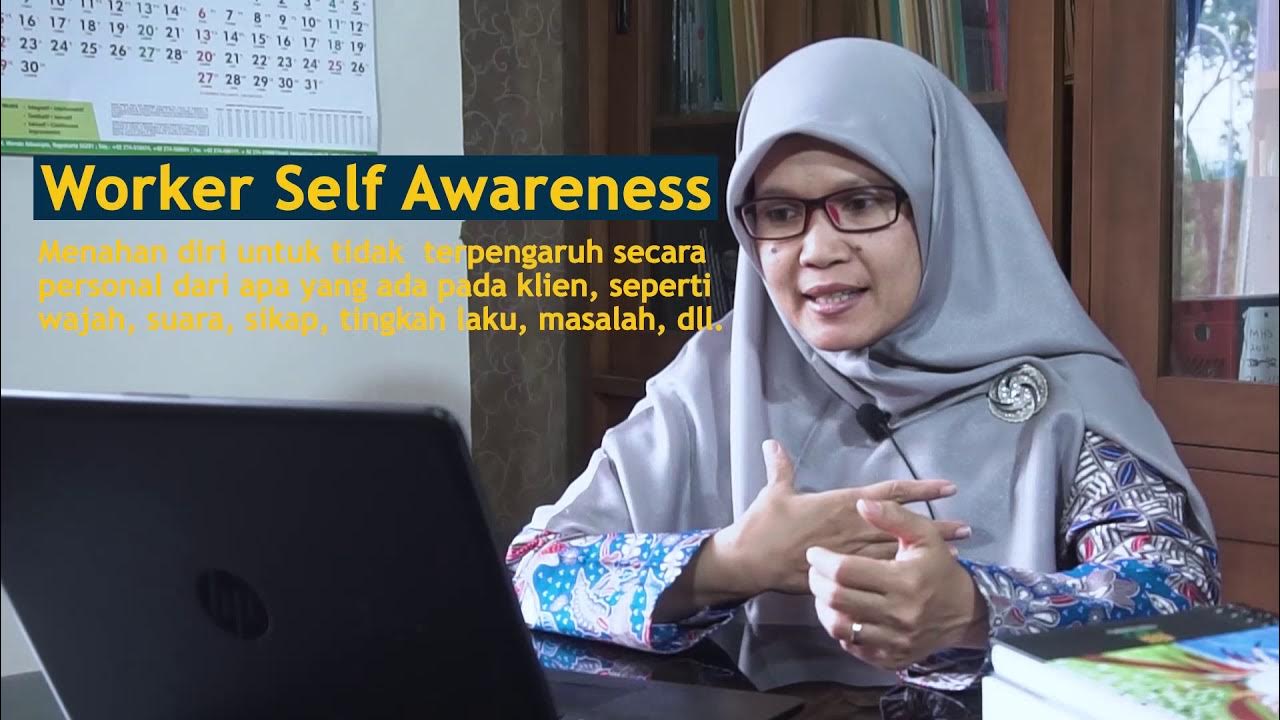Computer Ethics : The Ten Commandments of Computer Ethics
Summary
TLDRThis lesson on computer ethics introduces key principles that guide the ethical use of technology. It covers the Ten Commandments of Computer Ethics, emphasizing responsible behavior such as respecting privacy, avoiding theft, and not spreading false information. The video also touches on unethical practices like software piracy, hacking, and plagiarism, highlighting the importance of following moral guidelines when using digital resources. By adhering to these principles, users contribute to a respectful and safe online environment, ensuring that technology is used for good and not harm.
Takeaways
- 😀 Computer ethics involves the responsible use of technology without violating moral principles or individual rights.
- 😀 The Ten Commandments of Computer Ethics provide a framework for ethical behavior when using computers.
- 😀 Do not use a computer to harm others by altering or interfering with their files or data.
- 😀 Never access others' files without permission as it violates their privacy and ethical standards.
- 😀 Using computers for illegal activities such as stealing, hacking, or fraud is strictly unethical.
- 😀 Software piracy, or using unlicensed software, is illegal and unethical.
- 😀 Spreading false information or rumors through digital platforms is considered unethical and harmful.
- 😀 Unauthorized use of other people's computer resources, including IDs and passwords, is unethical.
- 😀 Plagiarism, which is the act of using someone else's work without acknowledgment, is both unethical and illegal.
- 😀 Consider the social and cultural impact of the software or content you create to avoid harm to society.
- 😀 Respect privacy, follow set rules, and always ask for permission before accessing others' personal documents or information.
Q & A
What is the main focus of computer ethics?
-Computer ethics is concerned with the rules, principles, and values that govern the use of computing technology. It ensures that technology is used in ways that do not violate the moral values and rights of individuals or organizations.
What does the first commandment of computer ethics teach us?
-The first commandment states that one should not use a computer to harm other people. This includes actions like altering or damaging another person's files without consent.
Why is unauthorized access to another person’s computer work considered unethical?
-Interfering with another person’s computer work without permission is unethical because it violates their privacy and intellectual property. It's a form of disrespect for their time and effort.
What is the ethical issue with snooping around in other people's files?
-Snooping into someone else’s files without permission is considered unethical because it invades their privacy. It can lead to unauthorized access to sensitive information.
How does the commandment about software usage define ethical behavior?
-The fifth commandment teaches that using or copying software without paying for it is unethical. This is a form of theft and infringes on intellectual property rights.
What actions does the sixth commandment caution against?
-The sixth commandment warns against using computers to spread false information or rumors, as it is harmful and unethical to use technology to bear false witness.
What does unauthorized use of other people's computer resources mean?
-Unauthorized use of someone else's computer resources refers to accessing systems, networks, or devices without permission or compensation. It is an unethical violation of trust and privacy.
Why is intellectual property respected in computer ethics?
-Intellectual property is respected because using someone else’s ideas or creations without proper acknowledgment is unethical. It’s important to give credit to original authors or creators.
How can computer users ensure their actions have positive social consequences?
-Computer users should consider the broader impact of their actions, such as the potential harm created by certain websites or programs. Creating content that is respectful of others' cultures, health, and values is important.
What should be avoided when using computers, according to the tenth commandment?
-The tenth commandment urges users to avoid creating or using content that is disrespectful to others, such as pornographic or malicious websites, as they harm human dignity and violate ethical standards.
Outlines

このセクションは有料ユーザー限定です。 アクセスするには、アップグレードをお願いします。
今すぐアップグレードMindmap

このセクションは有料ユーザー限定です。 アクセスするには、アップグレードをお願いします。
今すぐアップグレードKeywords

このセクションは有料ユーザー限定です。 アクセスするには、アップグレードをお願いします。
今すぐアップグレードHighlights

このセクションは有料ユーザー限定です。 アクセスするには、アップグレードをお願いします。
今すぐアップグレードTranscripts

このセクションは有料ユーザー限定です。 アクセスするには、アップグレードをお願いします。
今すぐアップグレード5.0 / 5 (0 votes)






